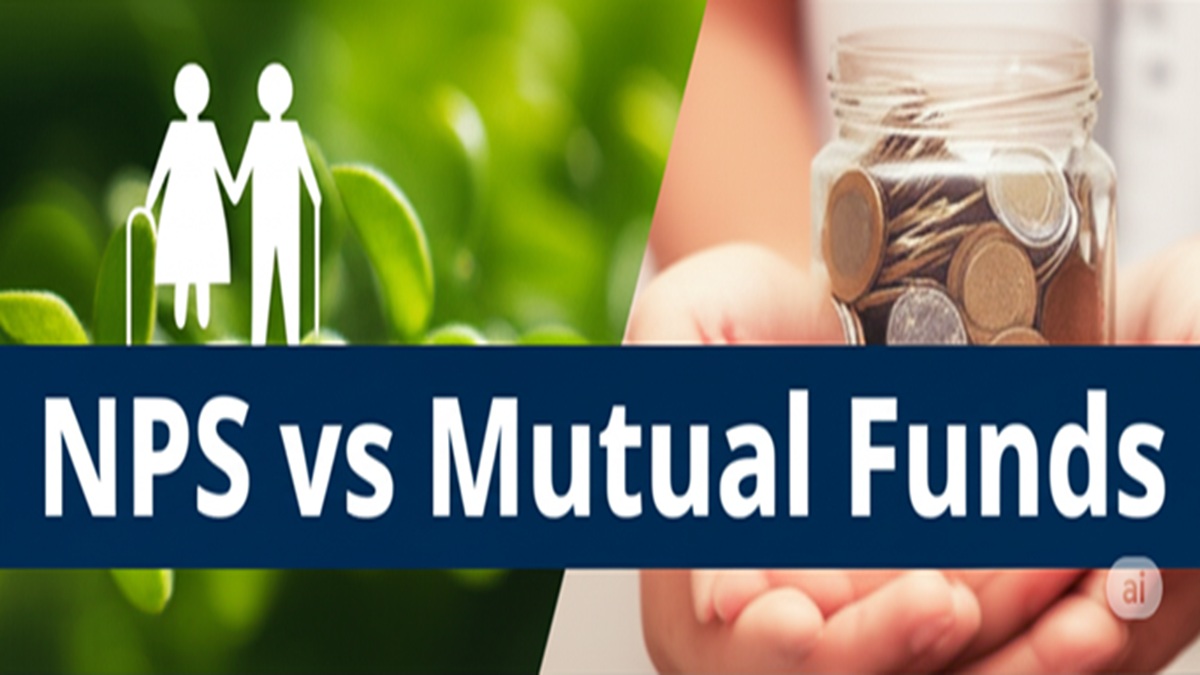The NPS (National Pension System) has been the most popular financial plan for retirement among both the government sector employees and private sector workers. The NPS scheme was first brought in 2004 for government employees, and later in 2009, it was launched with some changes for private sector employees and business owners as well.
Under the NPS, investors regularly contribute a fixed amount every month or a lumpsum amount annually towards their pension account. Professional fund managers invest the money according to subscribers’ chosen asset allocation (such as equity, bonds, etc.) in case of auto choice account. While in the active choice, investors are free to choose their own asset allocation plan.
At present, there are as many as 11 NPS fund managers regulated by the Pension Fund Regulatory and Development Authority (PFRDA). NPS offers four asset classes to choose from – Equity (E), Corporate Debt (C), Government Bonds (G) and Alternate Funds (A). In this story, we will focus on ‘Equity’ asset class.
These 11 pension fund managers are – SBI Pension Funds Private Limited; LIC Pension Fund Limited; UTI Retirement Solutions Limited; HDFC Pension Management Company Limited; ICICI Prudential Pension Funds Management Company Limited; Kotak Mahindra Pension Fund Limited; Aditya Birla Sun Life Pension Management Limited; Max Life Pension Fund Management Limited; Axis Pension Fund Management Limited; Tata Pension Management Limited; and DSP Pension Fund Managers Private Limited.
NPS equity funds investment is mainly large-cap oriented. It is very unlikely that a NPS fund manager will hold a stock outside of Nifty 50.
In this write-up, we will compare the returns given by top-performing NPS equity funds with top 5 large-cap mutual funds over the 5-year period.
Before we march ahead, let’s understand how NPS works and why choosing the right pension fund manager (PFM) is as important as investing.
How does NPS work?
In NPS, you regularly contribute to your pension account. This money is invested by professional fund managers, who invest according to your chosen asset allocation (such as equity, bonds, etc.)
There are two types of accounts in NPS:
Tier-I account: This is a mandatory account, which is for long-term savings for retirement. There are some limits on withdrawals.
Tier-II account: This is an optional account, in which you can withdraw money at any time. It is flexible.
You can choose anyone from the list of authorized fund managers of NPS. Your money is invested under their supervision.
Choosing a good fund manager is crucial for wealth building because the performance of every fund manager is different and it has a direct impact on your returns.
Let us see how NPS equity funds have performed vis-a-vis top 5 large-cap mutual funds over the last 5 years. The returns of these pension funds are compared with the large-cap mutual fund category’s average return in 5 years.
Top 5 NPS pension fund managers Vs large-cap mutual funds
1. ICICI Prudential Pension Fund
ICICI Prudential Mutual Fund emerged as the top-performing fund in the last 5 years, generating 25.25% returns in equity segment or Scheme-E for NPS subscribers. In comparison, the large-cap funds category’s average annualised return stood at 23.36% for 5 years.
2. UTI Retirement Solutions Pension Fund
UTI Retirement Solutions Pension Fund has delivered 25.12% CAGR over the last 5 years, comfortably beating the average annualised return of 23.36% in the large-cap fund category.
3. Kotak Mahindra Pension Fund
Kotak Mahindra Pension Fund’s 5-year CAGR stood at 24.85%, outperforming the large-cap fund category’s average return of 23.36%.
4. LIC Pension Fund
LIC Pension Fund has given 24.80% annualised returns over the last 5 years, slightly higher than that of the large-cap funds category.
5. HDFC Pension Management Company
HDFC Pension Management Company has delivered a CAGR of 24.08% over the last 5 years, bettering the large-cap funds category’s average returns in 5 years.
The other two pension funds are: Aditya Birla Sun Life Pension Management Ltd and SBI Pension Funds. Both these pension funds with 22.91% and 22% returns in the last 5 years have underperformed the average return in the large-cap fund category.
Though the large-cap funds category as a whole underperformed compared to the 5-year returns generated by the top 5 pension funds, the top 5 large-cap funds individually did well by a significant margin during this period.
Top 5 large-cap funds based on five-year annualised returns
1. Nippon India Large Cap Fund (30.10%)
2. ICICI Prudential Bluechip Fund (26.78%)
3. Quant Focused Fund (26.70%)
4. HDFC Large Cap Fund (26.53%)
5. Kotak Bluechip Fund (25.30%)
(Data Source: Value Research)
Summing up…
It is evident that while the top 5 NPS pension funds in the equity segment delivered better returns than the average return of the large-cap funds category over the last 5 years, the returns delivered by the top 5 large-cap funds individually are higher than those of the pension funds.
The NPS is a powerful tool for long-term retirement planning. It is ideal for individuals seeking stable returns, government oversight, and tax advantages (under the old regime). Here’s who should consider investing:
Taxpayers Under the Old Regime
NPS continues to offer significant tax benefits under the old tax regime:
Rs 1.5 lakh deduction under 80CCD(1) (part of 80C)
Additional Rs 50,000 deduction under 80CCD(1B)
Employer contribution (up to 14% of salary) deductible under 80CCD(2), even in the new regime
Note: Tax benefits under 80CCD(1) and 80CCD(1B) are not available if you opt for the new tax regime (except 80CCD(2)).
Disclaimer: The above content is for informational purposes only. Mutual Fund investments are subject to market risks. Please consult your financial advisor before investing.




